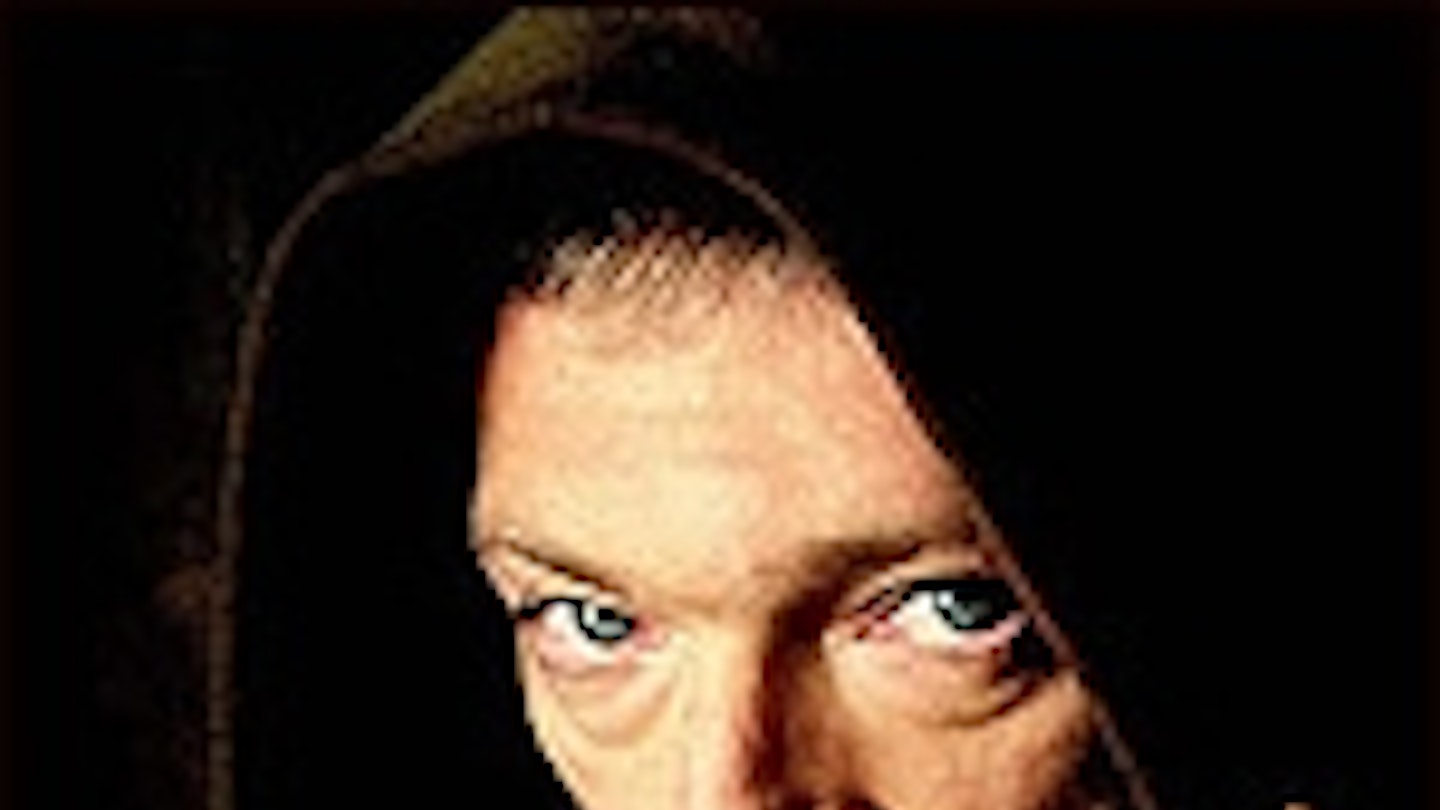French writer-director Dominik Moll (Harry, He’s Here To Help) admits there could be many films of M.G. Lewis’ 1796 Gothic novel The Monk, taking wildly different approaches and even telling different stories. There have, in fact, been two previous attempts: a surreal 1972 film by Ado Kyrou (scripted by Luis Buñuel and Jean-Claude Carrière) with Franco Nero, and a more literal 1990 version by Francisco Lara Polop with Paul McGann. This is the best of the three, but still doesn’t get to grips with the material, and whole subplots (featuring the Bleeding Nun, the Wandering Jew and others of note) remain unfilmed.
Vincent Cassel is strong as the title character, perceptively realising that a debauched merchant (Sergi López) enjoys confessing his sins. The plot follows Ambrosio’s inevitable fall from grace, as he is ensnared by diabolical forces embodied in a mysterious youth who wears a creepy mask to cover hideous disfigurement. After the first misstep — which, in a neat turn, leads to a fellow monk suspecting that Ambrosio has committed a different variety of sin than the one he is actually guilty of — the protagonist’s crimes escalate. Sundry essays in murder and rapine preface a terrible soap opera realisation — and the climax, inevitably, has a familiar old devil turn up to claim his due, Ambrosio desperately trying to strike a Faustian bargain to avoid suffering.
Moll’s approach, dwelling on the way the sophisticated, intellectual Ambrosio still doesn’t understand the world because he has been raised by monks, is workable, but there’s a spark missing. For a supposed succubus, leading lady Déborah François isn’t quite devastatingly sexy enough and horrors are on the tame side (certainly, a few mild raven pecks are nothing next to Lewis’ bloody insect attacks). There are some purple sequences, including a fevered hallucination after a venomous bug-bite which has a nice 1970s TV feel, and Moll makes wonderful use of the contrast between pitch-black nights and scorching Spanish days in the monastery courtyards and unforgiving countryside.

